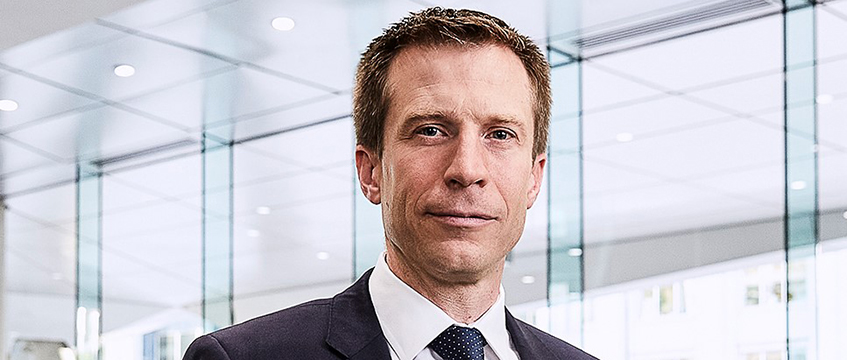British Land has swung to a £34m half-year loss as widening yields cancelled out rental growth gains.
The REIT posted a 13% rise in underlying profit for the six months to the end of September to £136m. Underlying earnings per share also rose by 12.4% to 14.5p.
But this could barely compensate for the 3% fall in values, which took the portfolio from £10.47bn to £9.64bn. Net assets dropped from £6.73bn to £6.6bn, a fall per share of 4.4% to 695p.
Profit for the first half of 2021, by comparison, was £370m.
Chief executive Simon Carter said: “Our good operational performance in the half reflects the high quality of our portfolio and reinforces our conviction in our value-add strategy, which is focused on sectors with pricing power. We delivered 5% like-for-like net rental growth and leased 1.5m sq ft of space well ahead of ERV. As a result, underlying profit increased 13% and the dividend is up by 12%.”
Despite strong rental growth, the period showed a slackening of lettings and renewals at 1.5m sq ft, compared with 1.8m sq ft in H1 2021. However, the space leased was 14.7% ahead of ERV and a further 1.1m sq ft is under offer, at 11.4% ahead of ERV.
The amount of space being developed over the half was also lower, at 1.7m sq ft, down from 2m sq ft.
However, the balance sheet was improved, with LTV lowered to 30.7% from 32.9%, thanks to British Land earning £694m from the sale of a 75% stake in Paddington Central in July.
The REIT has no requirement to refinance until late 2025.
Carter said: “Higher interest rates have increased property yields, but the impact on valuations was partially cushioned by rental growth. In campuses, demand remains robust for best-in-class workspace. Retail parks continue to benefit from retailers’ focus on omni-channel and affordability, while the fundamentals in urban logistics remain compelling given the acute lack of supply and the transport savings operators can realise from the best London locations.”
The REIT predicted that rents would rise across its portfolio again over the next year, at a rate of 2-4% growth in campuses, 1-3% growth in retail parks and 4-5% in urban logistics.
Carter said he was optimistic about the REIT’s performance in H2, despite the obvious headwinds. “We go into the second half with a strong leasing pipeline, but mindful of the weaker macro environment in which we are operating. Well-timed disposals strengthened our balance sheet and combined with the quality of our platform and our continued commitment to capital recycling, mean we are well placed to exploit our attractive development pipeline and the opportunities now emerging in the market.”
To send feedback, e-mail piers.wehner@eg.co.uk or tweet @PiersWehner or @EGPropertyNews











